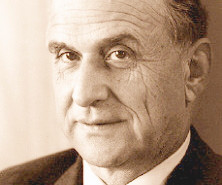Four-factor prothrombin complex concentrate versus andexanet alfa for the reversal of traumatic brain injuries
Emergency Medicine Journal
FEBRUARY 20, 2024
The objective of this study is to evaluate outcomes of reversal with these agents in patients with isolated traumatic brain injuries (TBI). Primary outcome includes rate of mortality/hospice at hospital discharge. Secondary outcomes include a composite of serious hospital complications. vs 26.1%; p<0.005).

















Let's personalize your content